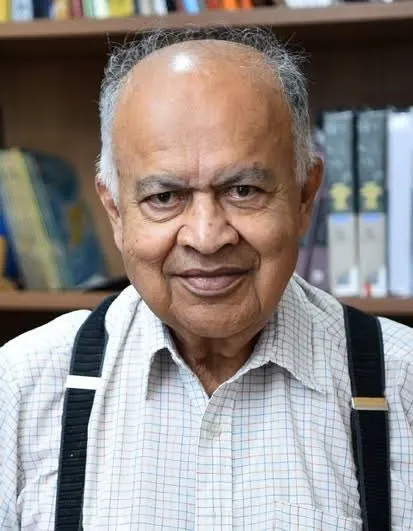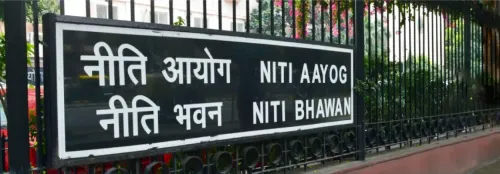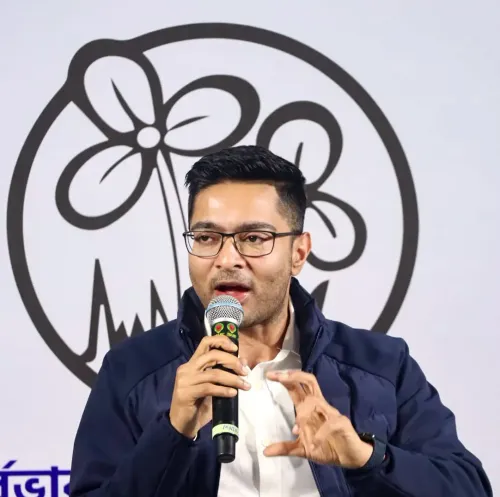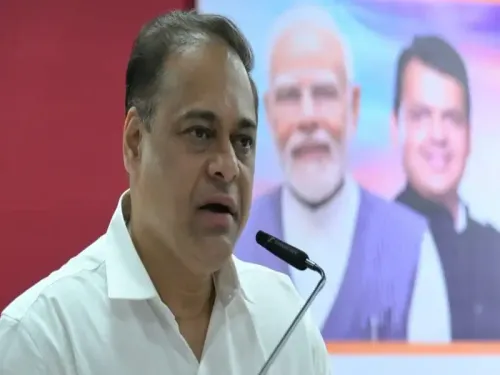Will Maharashtra Expand Science Centres to Honour Jayant Narlikar?

Synopsis
Key Takeaways
- The Maharashtra government is expanding SIACs across all districts.
- 28 new technology laboratories will be set up over five years.
- The initiative aims to foster a scientific mindset among students.
- Partnerships with leading science organizations enhance the program.
- Focus on hands-on learning with modern technologies.
Mumbai, July 17 (NationPress) The Maharashtra government is set to establish Science and Innovation Activity Centres (SIACs) in all remaining 23 districts across the state, announced Information Technology Minister Ashish Shelar in the Legislative Assembly on Thursday.
This expanded initiative will also see the creation of 28 new technology laboratories over the next five years, with an estimated budget of Rs 192 crore.
Shelar mentioned that the program would be named after renowned astrophysicist Jayant Narlikar to recognize his significant contributions to the fields of science and technology.
Since 2015, the Rajiv Gandhi Science and Technology Commission (RGSTC) has successfully developed SIACs in six districts: Warananagar, Pravaranagar, Amravati, Satara, Baramati, and Devrukh. Currently, work is ongoing in three additional locations: Nanded, Akola, and Parbhani.
“These centres have engaged millions of students, teachers, and community members, receiving positive feedback and encouraging participation,” noted Shelar.
“The government is committed to ensuring that every district in the state has a facility, aiming to create a science-friendly Maharashtra.
This initiative aligns with the National Education Policy (NEP) 2020 and aims to foster a scientific mindset among students—a value emphasized as a fundamental duty in the Indian Constitution, the Minister highlighted.
The SIACs, developed in partnership with local educational institutions and prominent science organizations such as the Nehru Science Centre (under the National Council of Science Museums), Homi Bhabha Centre for Science Education, Vigyan Ashram, and Muktangan Exploratory Science Centre, enhance the formal school curriculum.
They provide hands-on experiences with technologies like robotics, 3D printing, coding, and engaging scientific experiments and models.
“These are not merely centres for schoolchildren; they are community knowledge hubs that promote scientific inquiry, creativity, and critical thinking,” stated Shelar.
To ensure effective implementation, the government will assemble a professional team of curators, engineers, and retired personnel. Collaborations with central institutions, including the National Council of Science Museums, are also planned to enhance the initiative.
“Within the next five years, every district will have at least one SIAC that nurtures curiosity, enhances communication skills, and offers teacher training, particularly benefiting students from rural and remote areas,” Shelar added.










